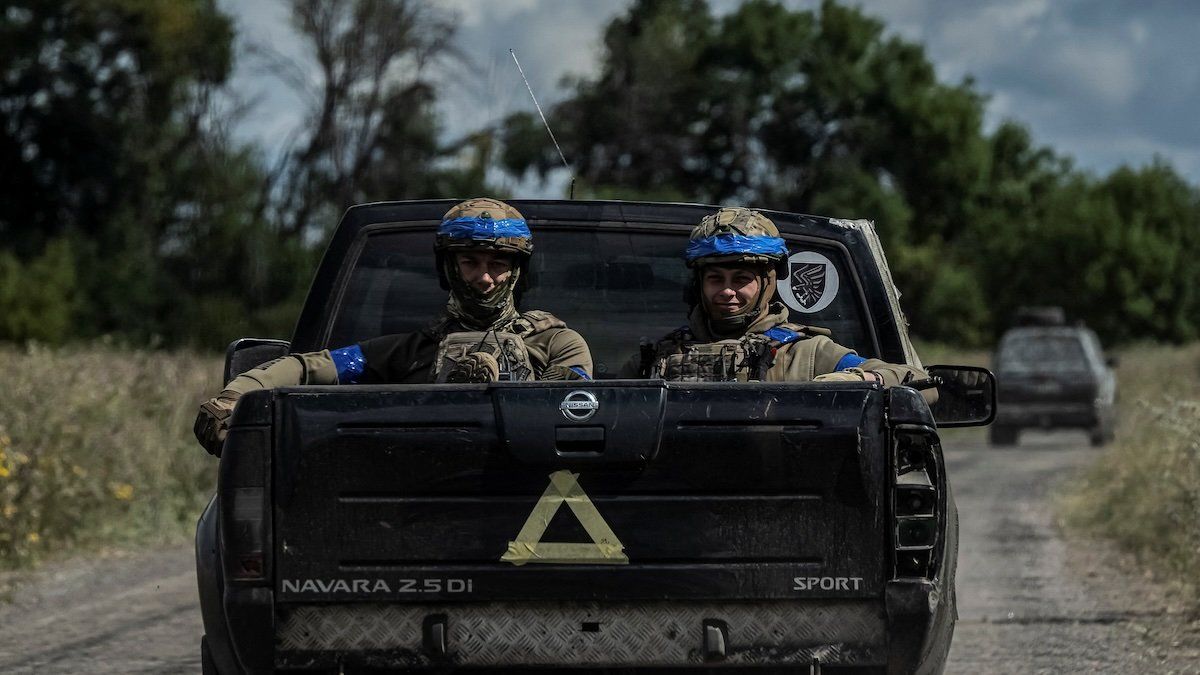The goals of Ukraine’s surprise military incursion into Russia’s Kursk region – its biggest attack on Russian territory since the war began in February 2022 – have been murky from the start. But Kyiv has now at least officially confirmed its presence there and claims to be in control of close to 390 square miles of the region.
It’s unclear how long Ukraine will maintain a military presence in the region. Russia is striking back with airstrikes, drones, and missiles — and Ukrainian forces could struggle to hold onto recent gains.
So, what’s this all about? While there’s no end to the war in sight, Ukraine’s operation could be designed to pressure Moscow into peace negotiations.
The surprise attack on Kursk proves Ukraine’s ability to be disruptive along Russia’s border and within its sovereign territory — and puts Russian President Vladimir Putin in the uncomfortable position of explaining how his country failed to prevent an invasion of thousands of Ukrainian troops.
A Ukrainian government spokesperson on Tuesday said that Kyiv is not interested in “taking territory” in Russia.
“The sooner Russia agrees to restore a just peace, the sooner Ukrainian raids on Russian territory will stop. As long as Putin continues the war, he will receive such responses from Ukraine,” the spokesperson said.
We’ll be watching to see what Putin does to save face, and whether Ukraine offers any further indications of its objectives.
